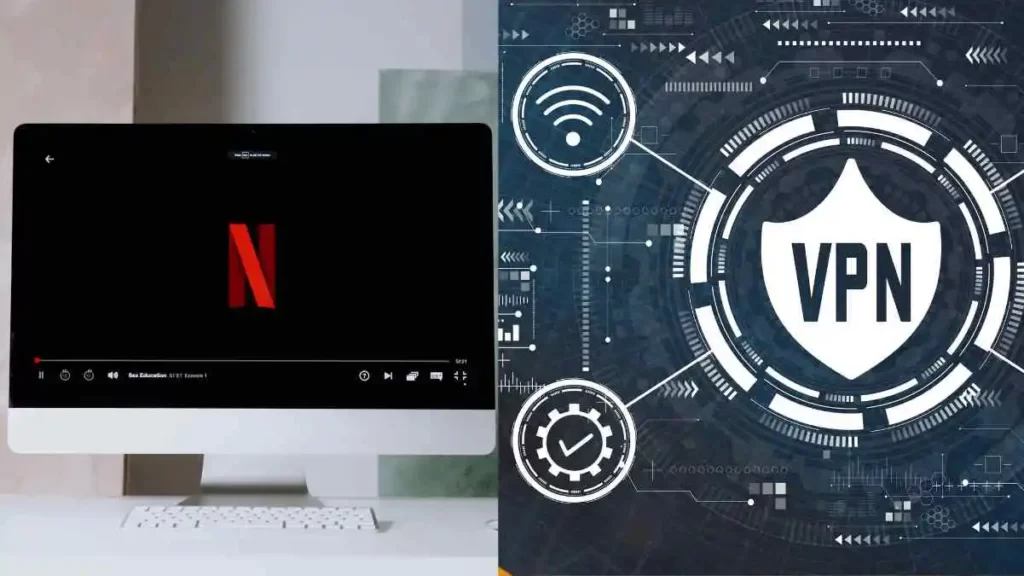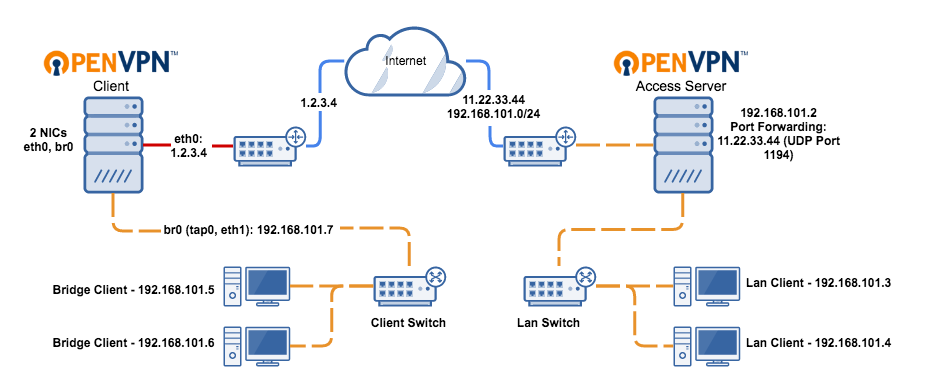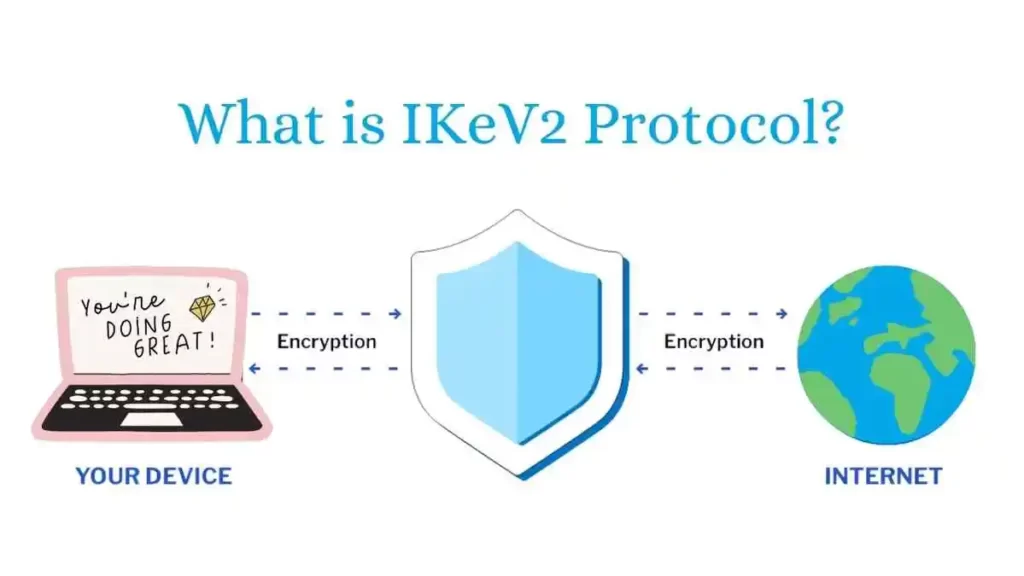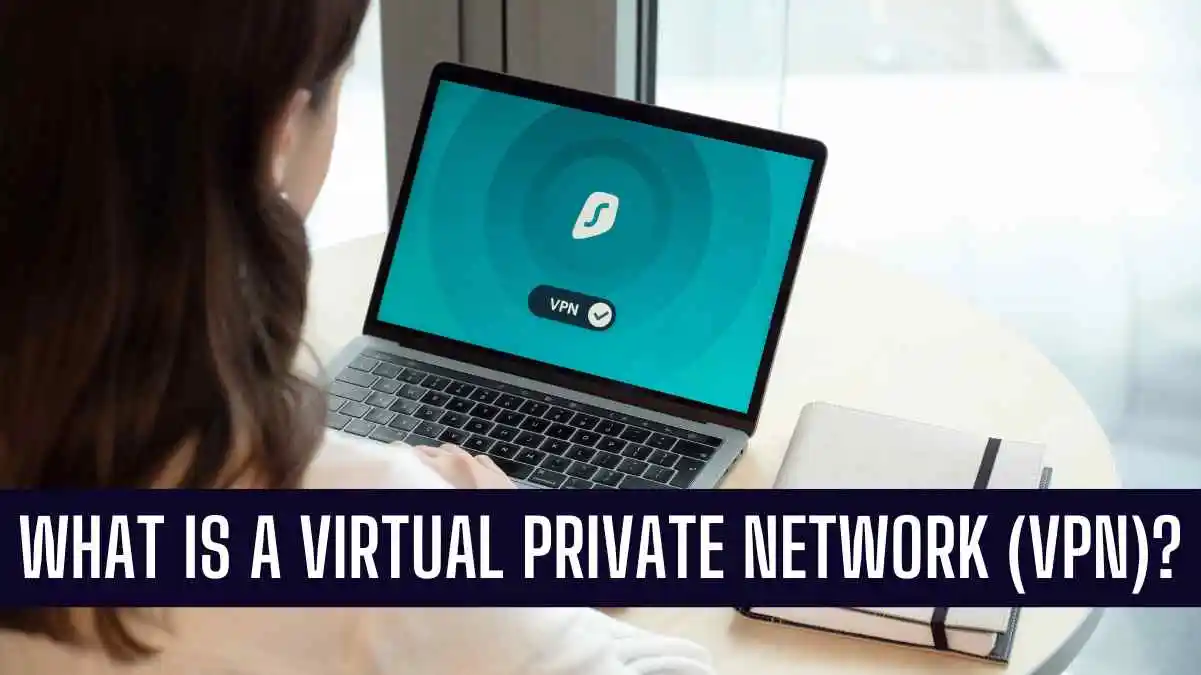Virtual Private Network is shortened to VPN. It is a network that seems more like a private network than a public network. Both your Internet protocol address and data transfer are hidden. That means you may surf the web freely without fear of being followed, even if someone else is also online at the same time. With a virtual private network (VPN), you may surf the web without revealing your physical location to the websites you visit. Those who often use public Wi-Fi for work will find this a beneficial feature. All information provided and received will be encrypted.
With a virtual private network, you may watch shows and movies restricted in your country. WWII: Lost Films is only available on Netflix in the United States. You can use a VPN to connect to a server in the United States or another nation where the show is televised.
More and more individuals are trusting their most private information to their smart devices as the internet continues to grow at a dizzying rate. ISPs track and log user activity on their servers. This is followed by the product being put up for sale. We don’t want any personal information made public, but we must keep it secret. Privacy protections can shield users from identity theft, intrusive ads, and internet service providers (ISPs). A virtual private network (VPN) will protect you from this type of spying.
Table of Contents
What is a VPN server?
To connect your local area network (LAN) to the broader World Wide Web, you’ll need a Virtual Private Network (VPN) server. With this, you may safely exchange information using shared or public networks. All business and household networks need to have servers like this set up for them to function correctly. There are several ways in which a virtual private network server may make your life easier. A VPN server will make connecting to public networks easier.
Avoiding ISP logs is another benefit of using a virtual private network (VPN) server to protect online anonymity. Depending on where you reside, your ISP may monitor your traffic and encounter certain forbidden web content in your country. In addition to helping you fool your ISP into thinking you’re somewhere else, a virtual private network (VPN) may shield your online activity from prying eyes.
Virtual private network servers (VPN servers) are web servers that include additional communication channels and software that encrypts data in transit over the internet. A reputable provider must have security protocols and speedy servers.
Selecting a Virtual Private Network provider is next. No provider providing a virtual private network should limit data transfer speeds or permit file sharing across the network. When picking a VPN firm, the most significant aspect is the number of servers.
How can a virtual private network safeguard your data?
To protect your information, a VPN will often divert your connection to a server in another location, which might compromise your security. If your VPN service ever goes down, you can be confident that any data protection procedures will be immediately disabled. A virtual private network can also prevent malicious websites from monitoring your online activity. Secure VPN connections use various authentication methods, such as a password or code, to prevent unauthorized access to your data. Third-party access to your secure connection is made more difficult with two-factor authentication.
A virtual private network (VPN) might be quite convenient for private use. By putting in the work to set up their network and equipment, consumers at home may effectively cut ties with their service provider. If you use a public wifi network, hackers may be able to read your emails and intercept your chats. A virtual private network (VPN) can help stop hackers from accessing your computer, but it won’t stop them entirely.
Internet security is improving, but it’s still possible for hackers to steal your personal information. Virtual private networks (VPNs) encrypt all data sent over the internet. Thanks to this, hackers will have a challenging time breaking in. While a VPN might be an effective security measure, it does not provide foolproof protection. Finding a reasonable VPN that meets your requirements is essential.
What can a VPN accomplish for you?
Security and safety
Customers primarily use VPNs for the added protection layer it provides. A virtual private network (VPN) creates an encrypted connection between your device and the remote server. Any possibility of spying or eavesdropping is nullified. It will be impossible for your ISP to access your information or monitor your activity online.
Avoiding geographical restrictions
Most media available online are limited based on location. This suggests that content is restricted to a select audience and is not generally accessible. By connecting to a remote server, VPN users can get around local internet limitations anywhere in the world. By doing so, you can gain access to otherwise inaccessible media resources.
Anonymity
Users often rely on VPNs to protect their anonymity online. Users of virtual private networks can access the web from anywhere they have a working VPN connection. The host site needs to find out who is accessing it or where it is located because all traffic goes via the server. Anonymity shields you against targeted cyberattacks since your information cannot be traced back to you. A VPN will protect your privacy even if you access a malicious website.

Hiding your Internet activity and Torrent download record
One way to maintain anonymity when surfing the web is to hide your IP address. With a virtual private network, your IP address, geographic location, and torrenting activity are concealed from prying eyes. You may browse safely and privately without anybody else knowing who you are.
Protocols used in VPNs
OpenVPN

OpenVPN is a free and open VPN protocol that may be used to establish encrypted tunnels between two remote locations. The OpenSSL library is used with TLSv1/SSLv3 protocols to encrypt data. It also has a profusion of security and control capabilities. OpenVPN allows peers to authenticate each other by utilizing a login, password, certificates, or a pre-shared key. It may be used with multi-client servers to create an authentication certificate for each user.
WireGuard®

WireGuard® is an ultra-fast, modern VPN service that uses state-of-the-art cryptography. Its goal is to circumvent IPsec’s most intractable issues while making its implementation simpler, faster, more efficient, and less complicated. Its goal is to outpace OpenVPN significantly in terms of speed. Designed as a flexible VPN, WireGuard® can connect devices with embedded interfaces and supercomputers. Its initial release was for Linux, but now it may be used on any system (Windows, macOS, and Android).
IKEv2

As for IKEv2, it was created by Microsoft and Cisco. This protocol now takes the role of IKEv1. In virtual private networks, the Internet Key Exchange Version 2 (IKEv2) protocol is utilized for encryption. It handles both the requests and the replies. Since IKEv2 is based on IPSec, this authentication suite is typically used to create and manage the SA (Security Association) attribute, which is responsible for keeping traffic secure.
How do you go about picking out a VPN provider?
Vendor’s Security Expertise
As demand rises, multiple new companies are entering the VPN market. Many service providers are only vaguely familiar with the firm and its needs. Virtual private networks (VPNs) are designed to protect your data and identity while surfing the web. Because of this, it is crucial to have openness and a firm grounding in cyber security.
Usage Simplicity
You need straightforward apps for your gadgets to quickly connect to your VPN, change servers, or alter your IP address without technical know-how.
Speed & Bandwidth
Customers may see lag if their VPN plan needs to provide more data transfer. Choosing a company with the infrastructure to allow faster connections is crucial.
Locations & Servers
Multiple server locations allow you to select servers located in various countries with unique IP addresses. In addition, you may go back and forth between slow and fast servers.
Security & Privacy
If you value your privacy, your VPN service must provide the highest level of encryption available. This involves not retaining logs and encrypting your data with several layers of encryption.
